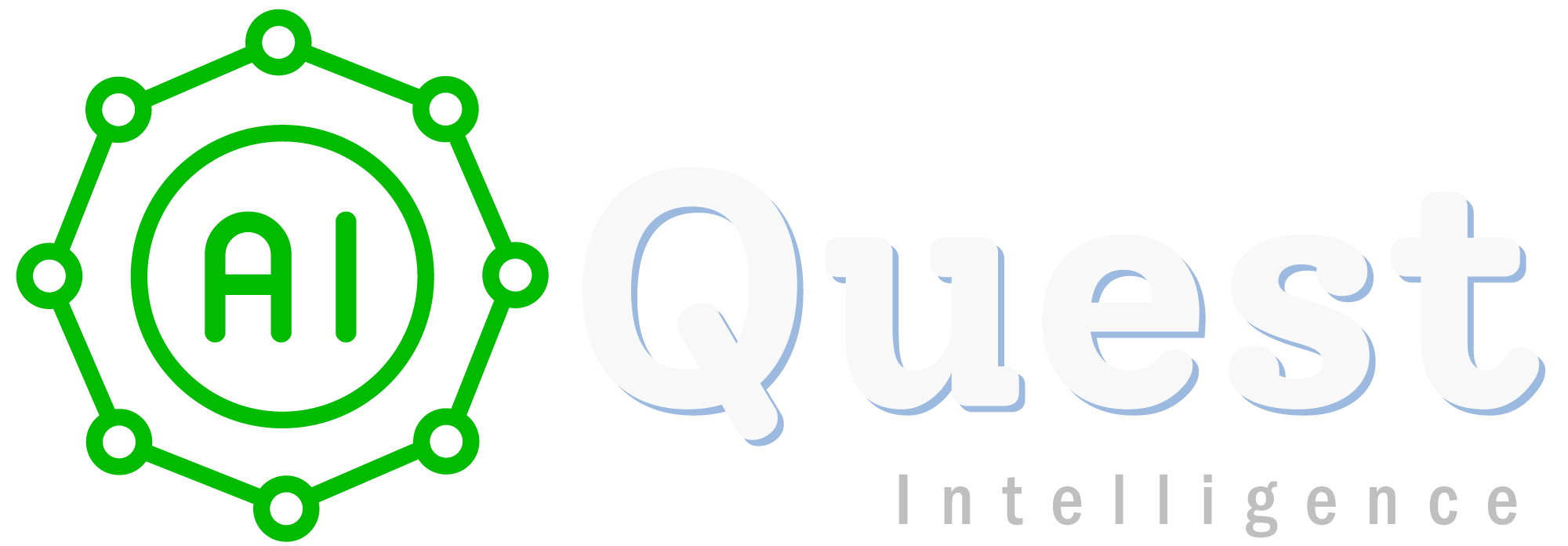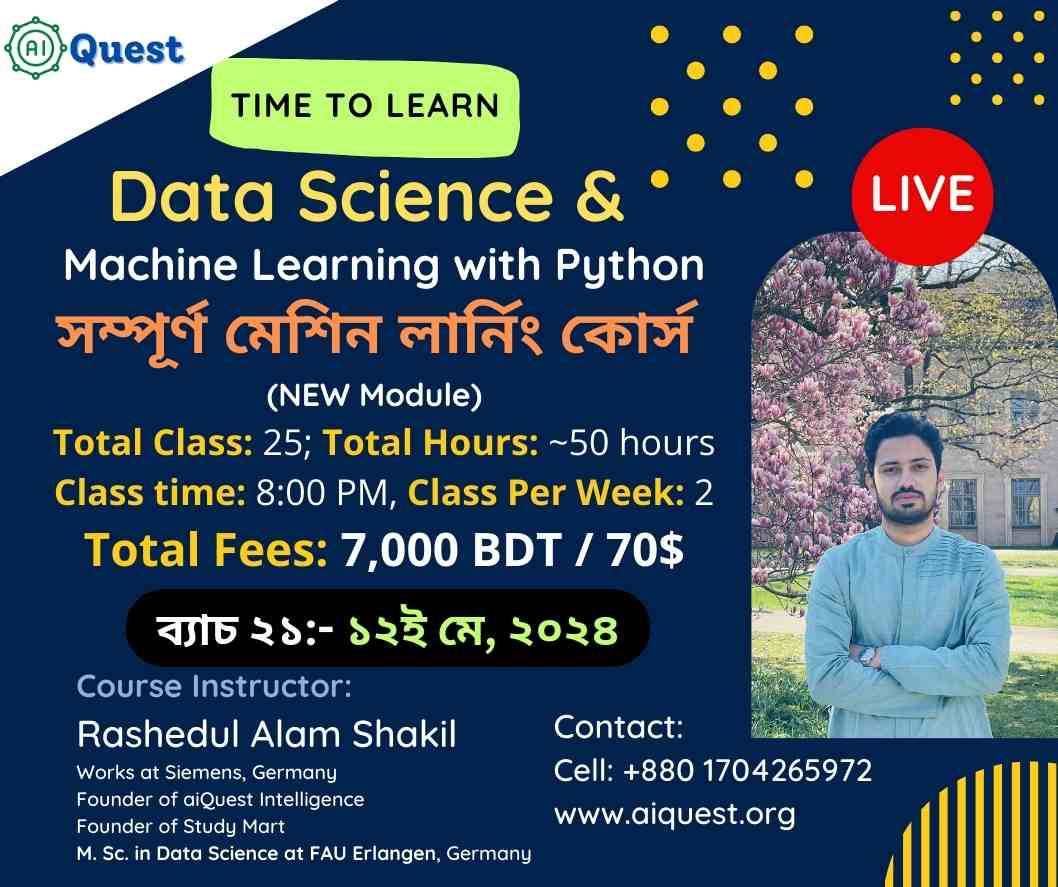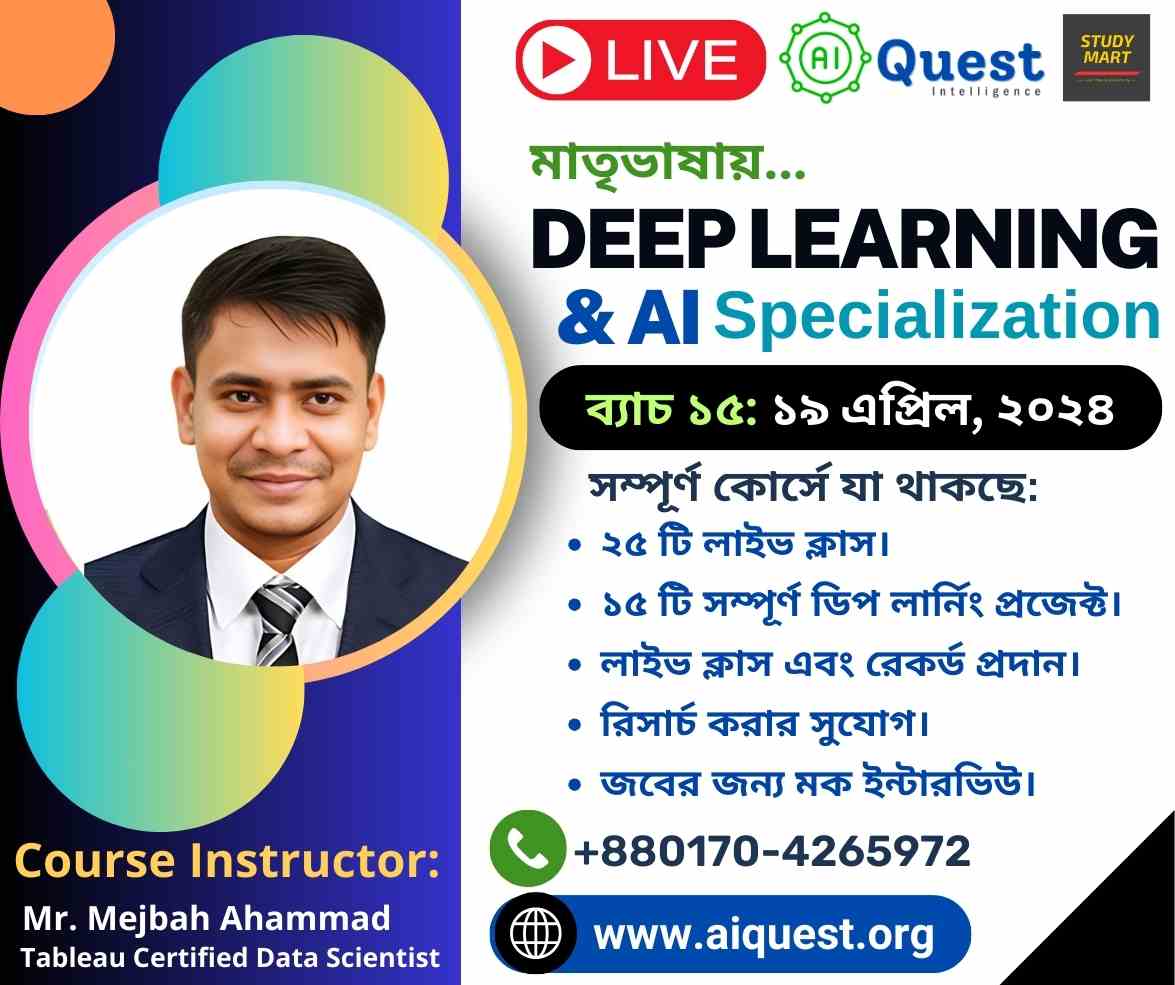As a data scientist, understanding statistics is crucial as it forms the foundation of many data analysis techniques and machine learning algorithms. By mastering these statistical topics, data scientists can effectively analyze data, make informed decisions, and build accurate and robust models for various data-driven tasks. Here are some of the main topics in statistics that data scientists should focus on:
1. Descriptive Statistics: This involves summarizing and presenting data in a meaningful way. Common measures include mean, median, mode, variance, standard deviation, and percentiles.
2. Probability: Understanding probability theory is essential for making predictions and inferences from data. Topics include probability distributions, conditional probability, Bayes’ theorem, and random variables.
3. Inferential Statistics: This is about drawing conclusions about a population based on a sample of data. Topics include hypothesis testing, confidence intervals, p-values, and type I and type II errors.
4. Regression Analysis: Linear and nonlinear regression models are fundamental for understanding relationships between variables and making predictions.
5. Statistical Sampling: Understanding different sampling methods is important when working with large datasets or conducting surveys.
6. Experimental Design: Learning how to design experiments properly is crucial for controlled studies and A/B testing.
7. Time Series Analysis: This involves analyzing data collected over time to identify patterns and make predictions.
8. Bayesian Statistics: This is an approach to statistical inference that incorporates prior knowledge and updates it based on new data.
9. Multivariate Analysis: Techniques for analyzing and interpreting relationships between multiple variables simultaneously, such as principal component analysis (PCA) and factor analysis.
10. Data Visualization: While not strictly a statistical topic, data visualization is essential for presenting and understanding data effectively.
11. Machine Learning and Statistics: Understanding the statistical principles behind machine learning algorithms is crucial for effectively using them and interpreting their results.
12. Big Data and Bayesian Methods: Techniques for handling and analyzing large datasets using Bayesian approaches.
13. Statistical Software: Familiarity with statistical software such as R or Python’s libraries (e.g., NumPy, SciPy, Pandas, Statsmodels) is essential for practical implementation.
By mastering these statistical topics, data scientists can effectively analyze data, make informed decisions, and build accurate and robust models for various data-driven tasks. Join our course on Statistics for Data Science.
.







